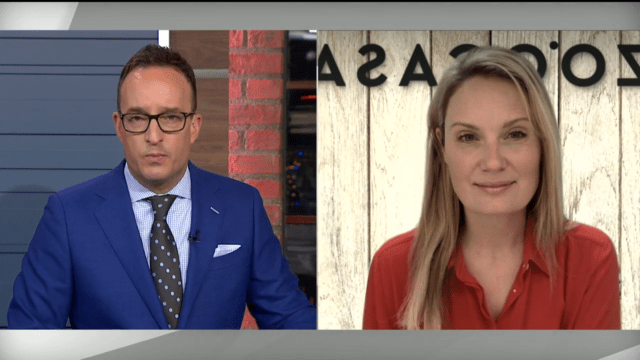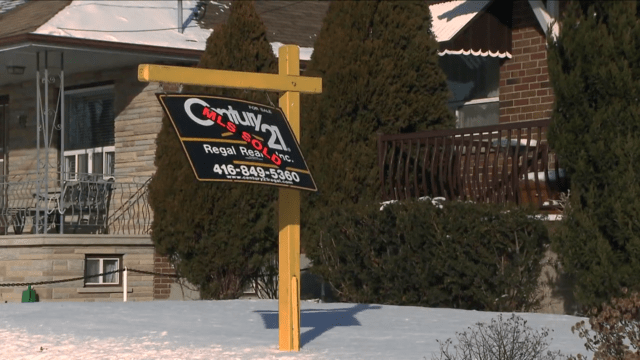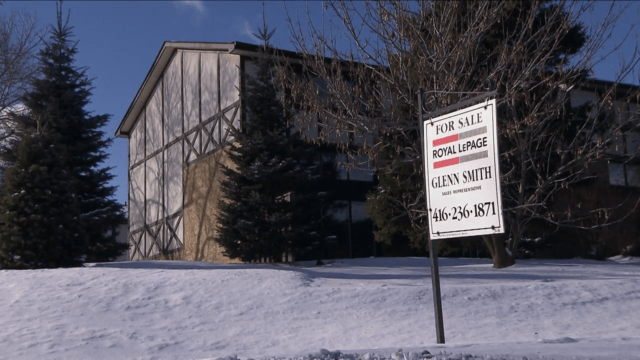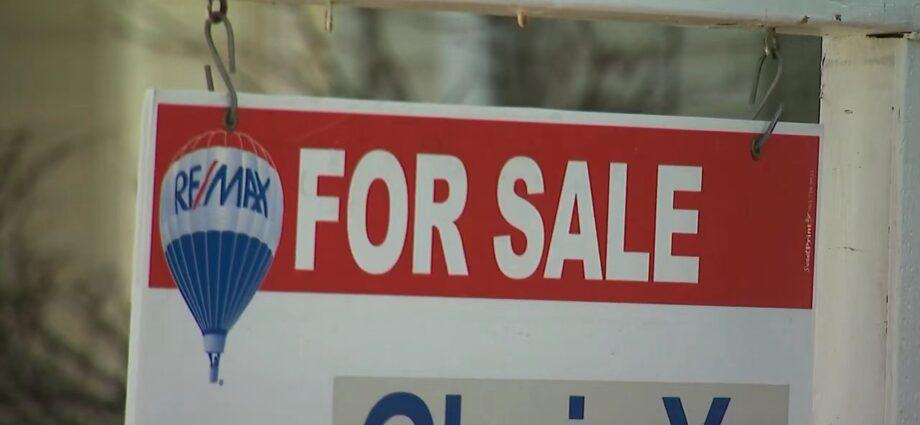Despite a dip in January home sales year over year, they were still historically high right across the GTA, and that’s keeping in line with industry forecast for the rest of this year.
The Toronto regional real estate board says it expects 110,000 homes to be sold through its systems this year, that is down 10% from last year, the average selling price, though, is expected to set another record of more than 1.2 million dollars, that is an annual increase of about 12%.
Now as supply remains scarce in many regions in the province, the question is, are there still some sort of affordable places that people can not only call home, but buy a home in.
Zoocasa CEO Lauren Zaw was interviewed by CP24.

CP24:Toronto seems to have priced out almost everyone, so when buyers come to you looking for affordable regions, maybe GTA or beyond, what’s your advice?
Lauren Zaw:Yeah, absolutely, I think the important thing is you’ve got two options. You can drive until you can afford it, which is a kind of common saying, or you change your property type, so the average isn’t indicative of everything that’s available.
There’s still many homes available under 1.2 million, the average across the GTA.
Some of them are different property types, so condos, town homes, semi-detached homes.
Then in terms of where to go, if you drive a little bit further, you know your lowest price technically GTA location right now for a detached home is brock, so a nice community within the Durham region.

CP24:What is the average price in Brock, compared to that 1.2.
Lauren Zaw: The average price for a detached in the region is 1.5 across Durham and then within Brock itself, we’re looking at 774. So a very big discount to the rest of Durham.
CP24:I wonder a lot of people have been working from home for the last couple of years and who knows how long that’s going to extend, that’s likely push people further out from the GTA. How much does that change the market as well?
Lauren Zaw: We’ve absolutely seen the biggest, yeah, we’ve seen the biggest jumps in terms of price appreciation in The Outskirts.
So when we’re taking a look, even in what they’re calling 18 hour cities like Kitchener Waterloo, London, we’ve seen upwards of 35 percent price appreciation year over year for the last two years during this pandemic.
And a lot of that is because what we said, we can work from home now, and so whether or not if you’re buying as a couple and both people are able to work from home, if there’s still the idea that at least one person likely working from home forever and the other person is willing to drive.

CP24: What is the 18 hour cities?
Lauren Zaw: Like New York is always awake, right, there is always something to do. Toronto is looked into that 24 hour city, and so the 18 hour city being more like a smaller population and fewer opening hours of all things that allow for a smaller community.

CP24:We just hearing people talking that they expecting potentially in some markets, maybe a 10 to 20% drop in housing prices.
An expert says he feels like we’re very close to the peak of where things are. How does that number and that sort of estimation drive with what you’re seeing and what you expect this year in the market overall?
Lauren Zaw: Unfortunately, we do see that some of the regulators always have the most conservative outlooks for obvious reasons.
However, our issue right now is we just don’t have that supply, so what I would counter to something like that is that Scotia Bank also put it a report.
I believe it was 2020. But in terms of the G7 average, so the number of homes for our populations, the number of homes per thousand people in Canada, Canada has an average of 424 homes for 3000 people. The G7 average is 471, so that means in Canada, we need another 1.8 million homes overnight to be the G7 average in terms of kind of a balance supply and demand.
Resource: CP 24

